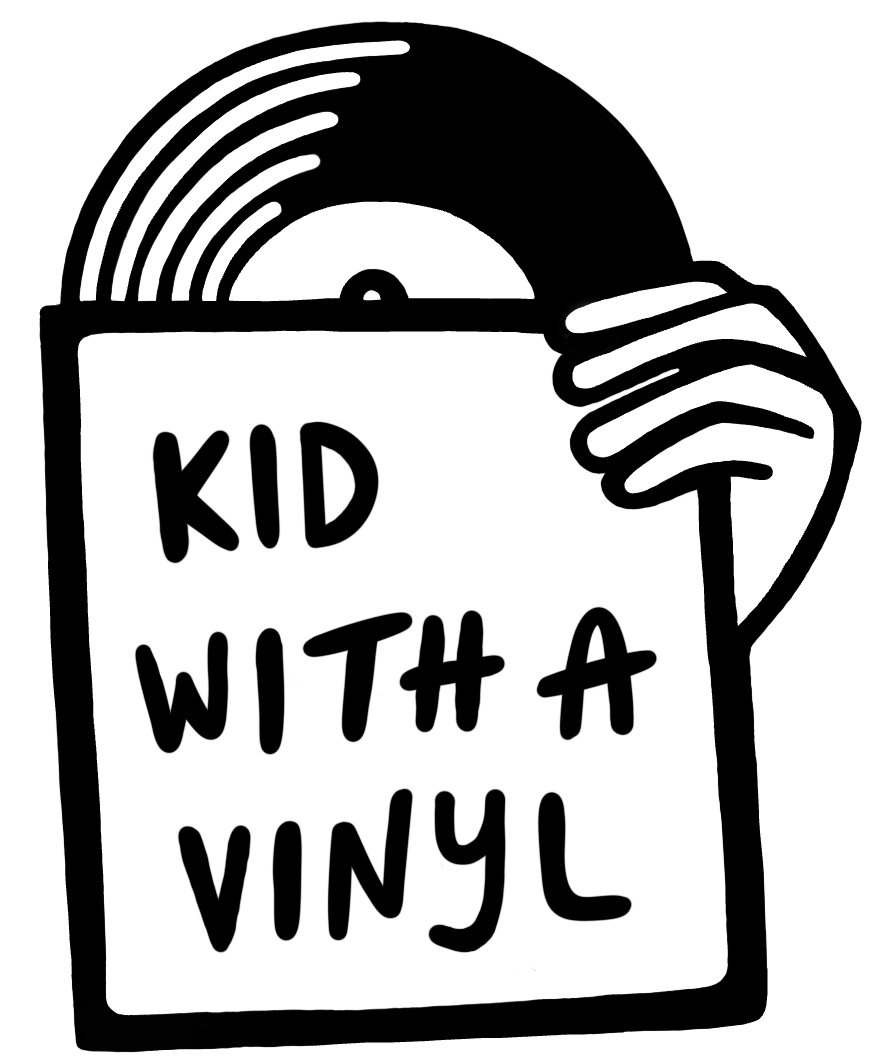
Next month, Hana Vu will release Romanticism, follow-up to her brilliant album Public Storage. Described as a “contemplative, coming-of-age indie-pop that mourns the impermanence of youth,” Romanticism will provide a collection of songs that are honest and vulnerable, with narratives unafraid to consider the existential side of identity and the true depth of affect and emotion, showcasing “how thrilling it can be to look directly at our feelings, to sing their sorrows and praise.” Following the album’s first single “Care,” which explored the subjectivity of individualized emotional experience, and “Hammer,” which doubled down on existentialism, the album’s third single “22” is about “the angst and dissolution of adolescence:
“Being young, there’s so much that I experience for the first time, all the time. But as I experience more things, I become more desensitized to those things…“You get wiser–– I feel quite wiser–– but less fervent, less hopeful….“‘22’ is about how I was paralyzed by grief and memories and by being 22; all at once a baby and the oldest I’ve ever been. But now I’m 23 and I’ll probably be 24 by the time I’ll get to perform this song for people.”
That realization and its underlying disillusion runs like a murky current throughout the track, Vu’s deep, sonorous voice floating above grungy guitars. The lyrics contrast the melody in vulnerability, in earnest desperation. “I’m just 22/ I just want to hold onto you” soon shows itself to have a double meaning, both wanting to hold onto herself, her own youth and personhood, as well as simultaneously wanting to risk that individuality completely in the seemingly irrevocable, that is, sharing her feelings with another.
Romanticism is out 5/3 via Ghostly International. Pre-order it here.
P
photo by Andrew Yuyi Truong








